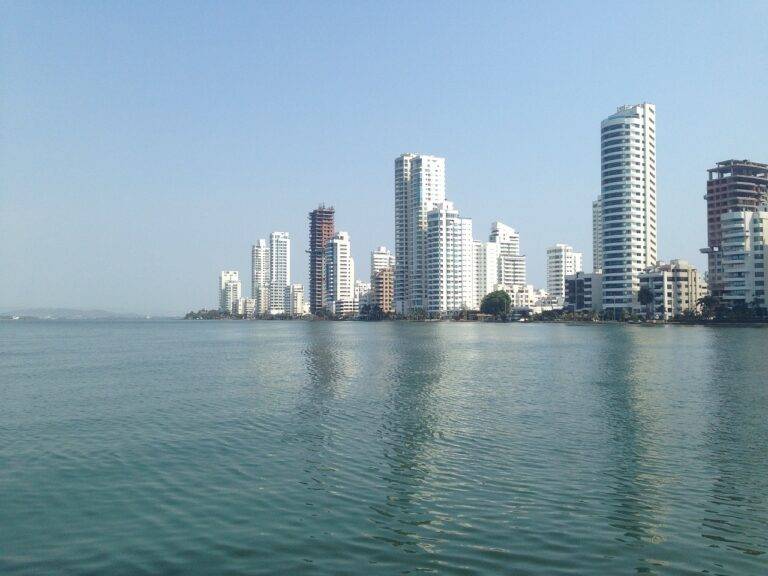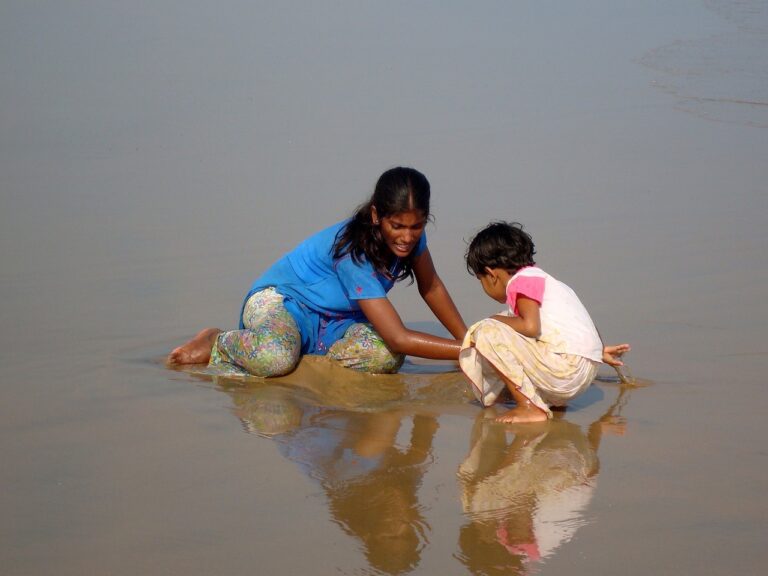Political Opposition and Fair Play in Election Campaigns
Opposition parties often encounter several obstacles in their pursuit of political power. One common challenge is the unequal distribution of resources, with ruling parties having significantly more financial backing and access to state resources for campaigning. This disparity can make it difficult for opposition parties to compete on a level playing field and effectively convey their messages to the electorate.
Another hurdle faced by opposition parties is the lack of media coverage and visibility. In many cases, mainstream media outlets may be biased towards the ruling party, giving them more exposure and diminishing the exposure of opposition parties. This can hinder the opposition parties’ ability to reach a wider audience and gain the support needed to challenge the status quo.
Importance of Transparency in Election Campaigns
In any democratic society, the transparency of election campaigns is paramount in ensuring the integrity of the electoral process. Transparency provides voters with essential information to make informed decisions about the candidates and their policies. When political parties and candidates openly disclose their funding sources and expenses, it fosters a sense of trust and accountability among the electorate.
Moreover, transparency in election campaigns helps to prevent corruption and undue influence in the political sphere. By making the flow of money and resources in campaigns more visible, it becomes easier to detect any attempts to buy influence or manipulate the electoral outcomes. Ultimately, a transparent electoral process serves to uphold the principles of democracy and protect the interests of the citizens.
Role of Media in Ensuring Fair Play
One of the key pillars in ensuring fair play in elections is the role of the media. The media serves as a watchdog, holding politicians and parties accountable for their actions and statements. Through investigative reporting and fact-checking, the media can expose any misinformation, propaganda, or unethical behavior that could influence voters unfairly.
By providing a platform for diverse voices and opinions, the media plays a crucial role in facilitating informed decision-making among the electorate. Through interviews, debates, and coverage of campaign events, the media helps voters gain a deeper understanding of the various candidates and their platforms. This access to information is essential in ensuring that voters can make their choices based on facts and not just rhetoric or manipulation.
• The media serves as a watchdog, holding politicians and parties accountable for their actions and statements.
• Investigative reporting and fact-checking help expose misinformation, propaganda, or unethical behavior.
• Providing a platform for diverse voices and opinions facilitates informed decision-making among the electorate.
• Interviews, debates, and coverage of campaign events help voters gain a deeper understanding of candidates and their platforms.
• Access to information is essential in ensuring that voters can make choices based on facts rather than rhetoric or manipulation.
What are some of the challenges faced by opposition parties when it comes to fair play in elections?
Some challenges faced by opposition parties include limited access to media coverage, unequal funding compared to the ruling party, and potential bias in reporting.
Why is transparency important in election campaigns?
Transparency is important in election campaigns because it ensures that voters have access to accurate and truthful information about candidates and their policies. It helps to prevent manipulation and fraud in the electoral process.
How does the media play a role in ensuring fair play in elections?
The media plays a crucial role in ensuring fair play in elections by providing unbiased coverage, fact-checking information, and holding candidates and parties accountable for their actions. They help to inform the public and promote transparency in the electoral process.







